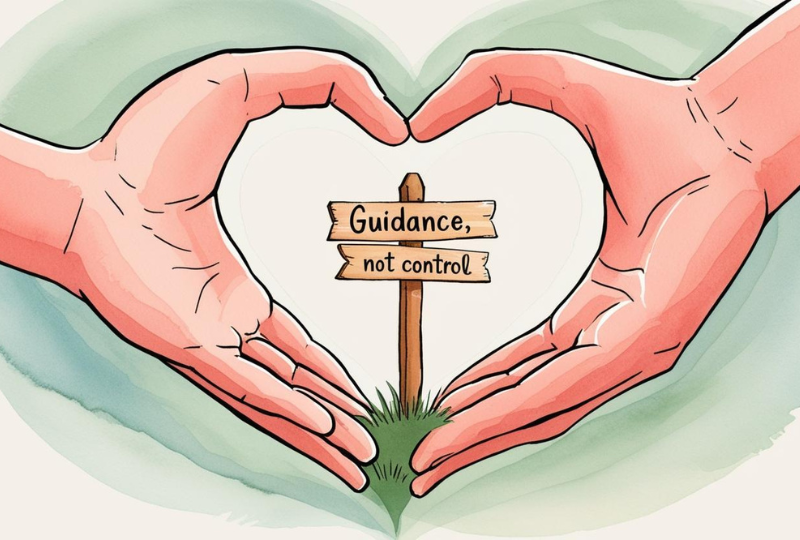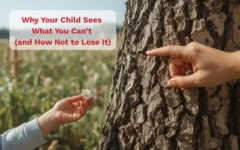When Concern Masks as Love: How to Truly Support Our Children
February 13, 2025 2025-09-17 8:27When Concern Masks as Love: How to Truly Support Our Children

When Concern Masks as Love: How to Truly Support Our Children
Do you love your child, or are you more often concerned for them?
Imagine you take your child to a park, or perhaps your child is already there, and you’ve come to check on them. You notice they’re standing alone, watching other children play. What thoughts come to mind?
Are you filled with concern? Do questions arise like, “Why is my child standing alone? Why isn’t anyone playing with them?” Some of us might walk over and ask, “What’s wrong? Is there a problem? Why aren’t you playing?”
This instinctive worry reflects concern—but it isn’t love.
Lately, I’ve been contemplating the difference between love and concern. It’s a subtle but essential distinction. When we’re around our children with concern, they pick up on our sense that something’s wrong with them, and they may start believing it themselves.
While we may feel that concern is born of love, is it really? Isn’t concern more a projection of our own anxieties and insecurities than a reflection of our child’s needs?
We tend to feel concerned when we see our child struggling, acting in ways that seem socially unacceptable, or displaying emotions we perceive as negative—like loneliness or frustration. This concern stems from a desire to change the current situation, to make it something we feel comfortable with.
But what does love feel like?
If you think back to times you felt love for your child, you might realize they were moments when you accepted them completely as they were. Love emerges when we’re okay with the way our child is, without wanting to change them. That’s love—an unreserved acceptance of the present moment.
But what if a mother is concerned that her child is hitting another child?
Rather than viewing this with worry about what’s “wrong” with the child, we could see it as an opportunity to understand why it happened. What’s happening in the environment that could be influencing this behaviour? When a flower doesn’t bloom, we don’t try to fix the flower; we adjust the environment to help it thrive.
So, if you find your child standing alone in the park, instead of letting worry take over, consider other possibilities: maybe they’re just taking a break, observing others, or even processing a previous interaction. Perhaps your initial thought is right, and no one wants to play with them at the moment. But in any case, rather than rushing to intervene or questioning them, you can simply be there. Stand with them, observe, and if they look over, smile. Let them feel that nothing is wrong with them—that you’re okay with them just as they are.
That, to me, is love.
At Navriti, we empower parents with strategies to nurture independence while providing a supportive safety net. Our approach ensures that children grow into confident, self-reliant individuals capable of handling real-world challenges. By fostering an environment where children feel accepted, understood, and trusted, we allow their natural resilience and curiosity to flourish. When children know they are unconditionally supported, they develop the inner strength to navigate life with confidence.

















